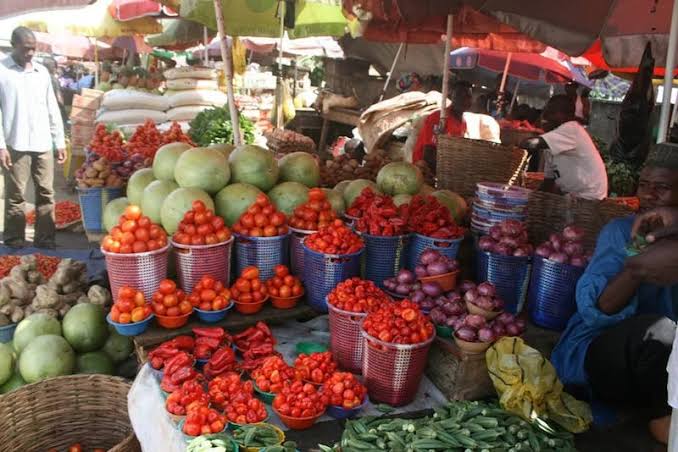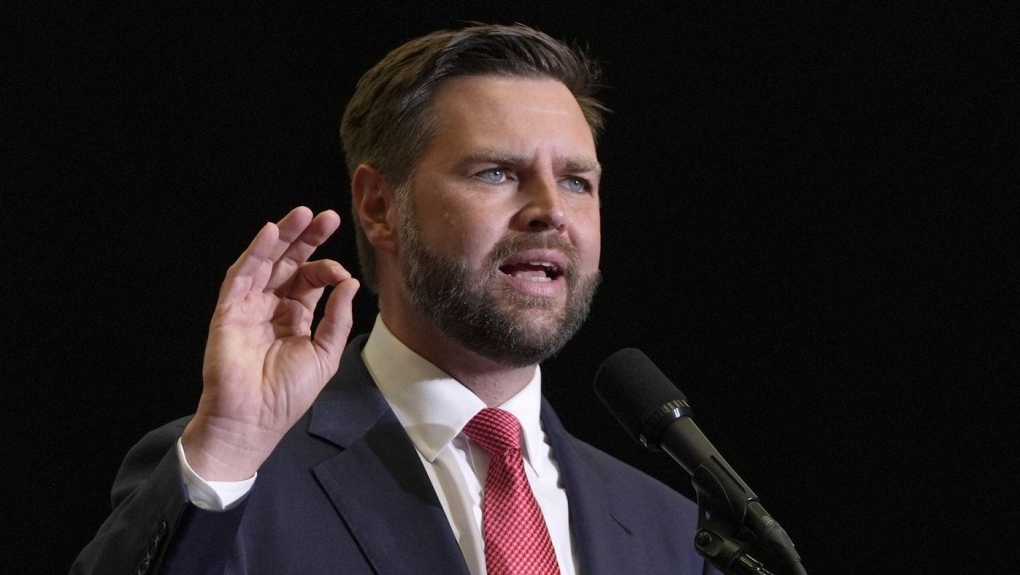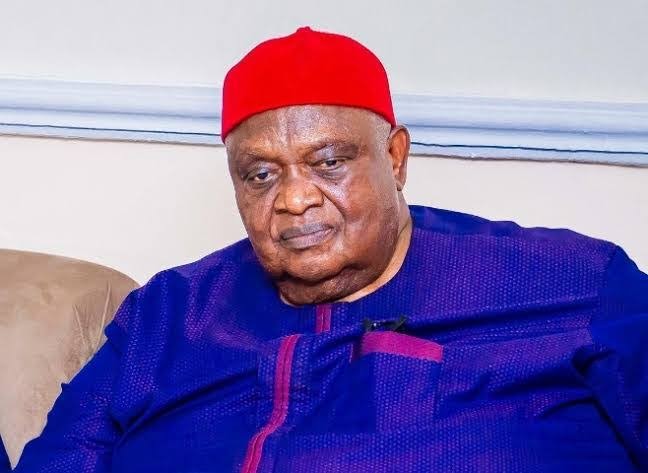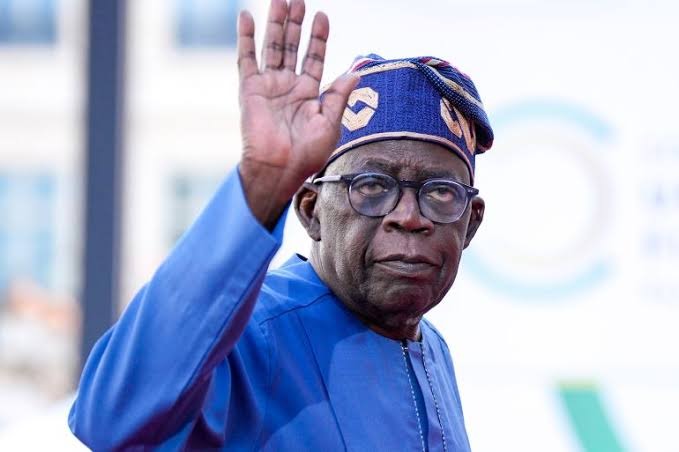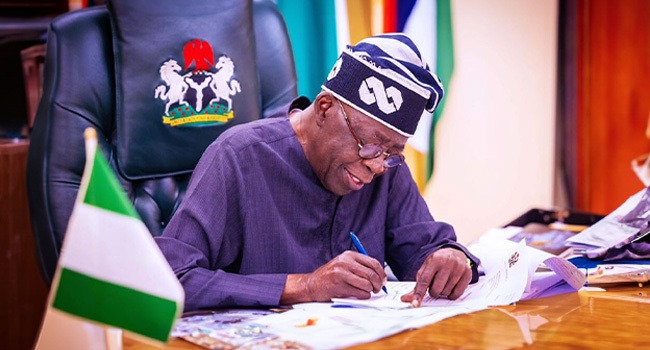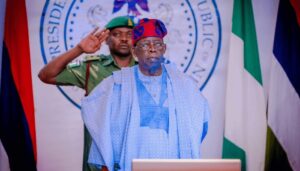Latest data from the National Bureau of Statistics (NBS) reveals that Nigeria’s headline inflation surged to 29.90% in January 2024, marking a significant increase from the December 2023 rate of 28.92%.
NBS released the new figure on Thursday.
“In January 2024, the headline inflation rate increased to 29.90% relative to the December 2023 headline inflation rate which was 28.92%,” the NBS said in its Consumer Price Index (CPI) report – which measures changes in prices of goods and services – for January.
“Looking at the movement, the January 2024 headline inflation rate showed an increase of 0.98% points when compared to the December 2023 headline inflation rate. Similarly, on a year-on-year basis, the headline inflation rate was 8.08% points higher compared to the rate recorded in January 2023, which was 21.82%.”
According to the NBS, the food inflation, on a year-on-year basis was 35.41%, 11.10% points higher compared to the rate recorded in January 2023 (24.32%).
“The rise in food inflation on a year-on-year basis was caused by increases in prices of bread and cereals, potatoes, yam and other tubers, oil and fat, fish, meat, fruit, coffee, tea, and cocoa,” the NBS report read.
The alarming inflation figures coincide with President Bola Tinubu’s directive to release grains to mitigate food costs and ongoing discussions among stakeholders to address the impacts of fuel subsidy removal and insecurity.
Despite the challenging economic climate, the Central Bank of Nigeria (CBN) remains hopeful of a decline in inflation this year.
CBN Governor Yemi Cardoso anticipates a reduction in inflationary pressures, targeting a rate of 21.4% while acknowledging the strain on the Nigerian foreign exchange market amidst increased demand.
“Inflationary pressures are expected to decline in 2024 due to the CBN’s inflationary targeting policy aiming to rein in inflation to 21.4 per cent, aided by improved agricultural productivity and easy global supply chain pressures,” the CBN governor Yemi Cardoso said when he met with lawmakers last week.
“The Nigerian foreign exchange market is currently facing increased demand pressures causing a continuous decrease in the value of naira.”

